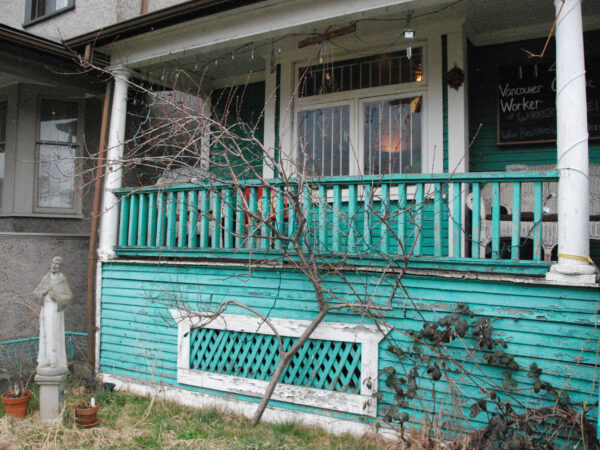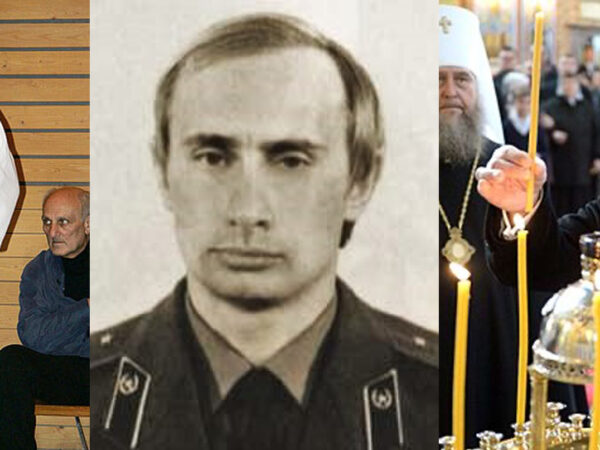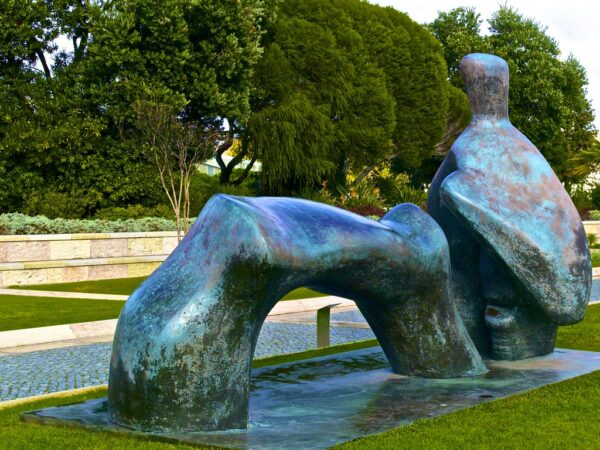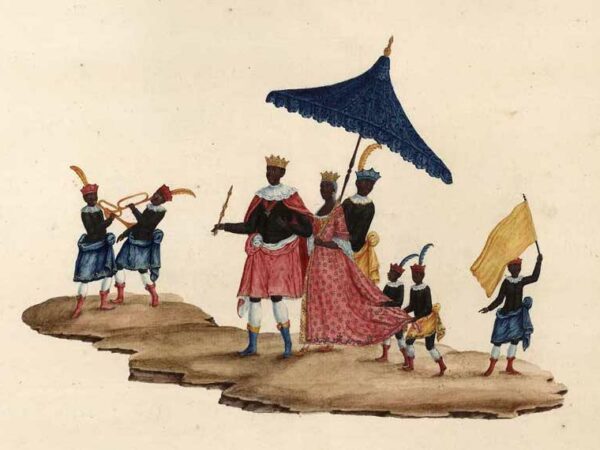
Where state sovereignty as theology would have subjected groups accept their condition with its attending violence and suffering, the micro sovereignty I propose here – not merely as a futuristic idea, but more as a reflection on how subjected groups have dealt with subjection – invites us not to accept that violence and suffering, but to find creative ways out of it through the cracks of Empire.

This essay reflects on intra-Catholic antagonisms and state-sponsored surveillance throughout the McCarthy era as a tool for considering the hazards of allowing the state to define categories and respectable means of political dissent.
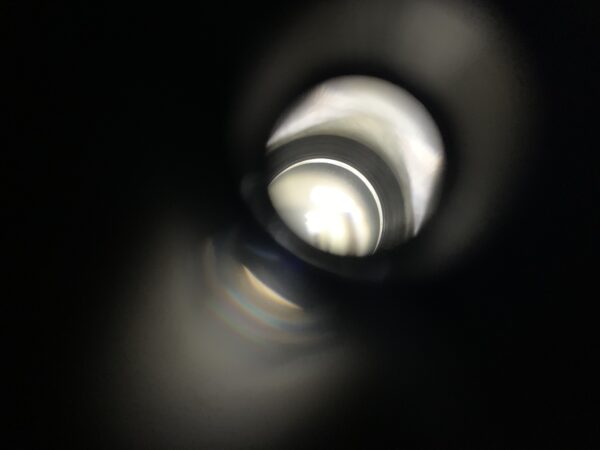
In autopoiesis, there is no separation between what we do and the particular way in which the world appears to us.

On the one hand, there is in the foreground “a land flowing with milk and honey.” On the other hand, as one reads the text with modern eyes and ears, the problematic language of inheritance, possession, and settlement the chapter begins with rightly alarms readers concerned about occupation of stolen lands using theologically justifying language.
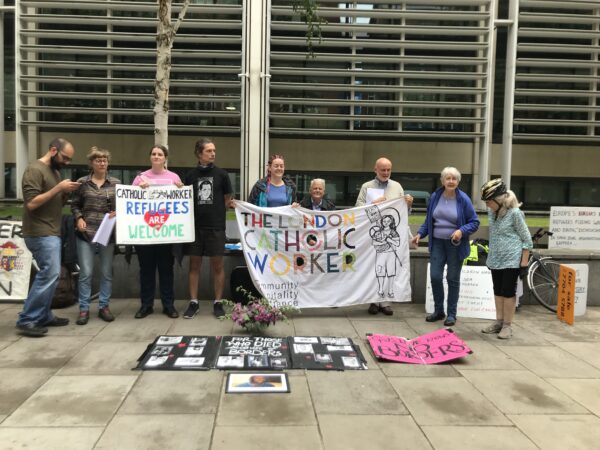
The London Catholic Worker creates the physical and intellectual spaces in which to practice radical hospitality and explore Christian anarchism. As these spaces can be transitory, easily destroyed or abandoned, the Catholic Worker must draw on its personalist and anarchist roots to adapt to a rapidly changing world.
